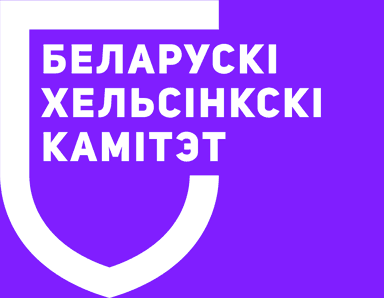
Experts of the Belarusian Helsinki Committee in collaboration with the Belarusian Medical Solidarity Foundation sent to the Office of the United Nations High Commissioner for Human Rights information requested by the High Commissioner from civic society organizations from all over the world. The aim of the request is to collect information in order to prepare an ad-hoc report designated in Resolution 49/25 by the United Nations Human Rights Council. The report would be dedicated to “the human rights implications of and good practices and key challenges in affordable, timely, equitable and universal access to and distribution of quality, safe, efficacious and affordable COVID-19 vaccines and the impact on the right of everyone to the enjoyment of the highest attainable standard of physical and mental health”.
The report includes not only general information on equal and free-of-charge access to vaccination in Belarus but also data on forced vaccination in certain state institutions. It was highlighted in the report that free and equal access had been applicable only to certain vaccines, such as the Russian vaccine Sputnik V or Chinese Vero Cell. The report also informed about the state policy towards vaccination against COVID-19, such as the refusal to join the international initiative COVAX. COVAX initiative was created to provide equal access to the COVID-19 vaccines approved by WHO. The consequence of the refusal to accept targeted help from the European Union in terms of the Eastern Partnership Programme, which offered free western vaccines, was the fact that people were unable to choose a vaccine. Moreover, since WHO hadn’t approved the most widespread vaccine in Belarus — Sputnik V — the freedom of movement of Belarusians was limited. In particular, Belarusian were not allowed to visit the European Union.
In addition to that, it is pointed out in the report that the authorities hadn’t taken enough measures in order to provide vulnerable population groups with vaccines. This affected the elderly, people with special needs and disabilities, people without a fixed place of residence, people in custodial settings, etc.
Another point highlighted in the report is the fact of limited access to information about vaccination. Information on vaccines had been mostly published on the Internet, which could be classified as selective access. Therefore, it enforced digital inequality and violated the right to information and the right to health, especially for the people living in the remote territory, the elderly, people with special needs and disabilities and people remaining below the poverty line.
The report reflected key challenges in affordable, timely, equitable and universal access to and distribution of quality, safe, efficacious and affordable COVID-19 vaccines. Among the listed are: distrust of the current government and its decisions, especially escalated after the 2020 presidential elections; distrust of official statistics about the spreading of coronavirus and the amount of population vaccinated; general unawareness of coronavirus and fear of vaccination; questionable effectiveness and safety of vaccines offered; lack of choice among different vaccines; lack of access to the information.
Besides that, the report sent to the OHCHR described examples of positive practices from the government. In particular, defined priority in vaccination, which was first given to the medical staff and teachers; the possibility to get a vaccine at home, even if living in a remote territory; vaccination points in the shops, clinics, Republican Scientific and Practical Centers, shopping malls, health centers in the factories, in the underground, in the social centers, etc.
We do expect that the information given will find a reflection in the final report of the High Commissioner for Human Rights and states, including Belarus, will receive recommendations on the correction of found weaknesses in the field of equal and effective access to the COVID-19 vaccines.




